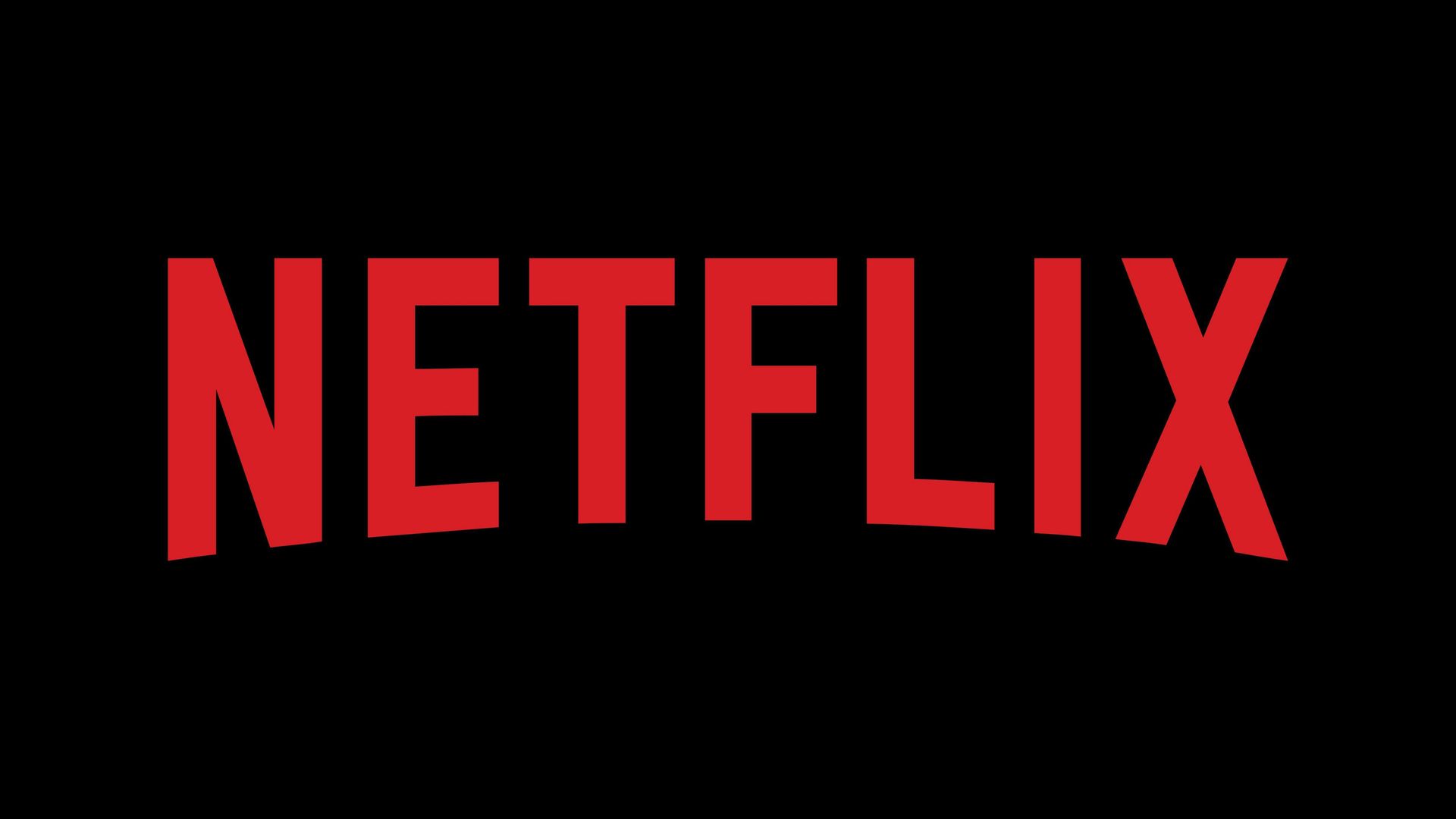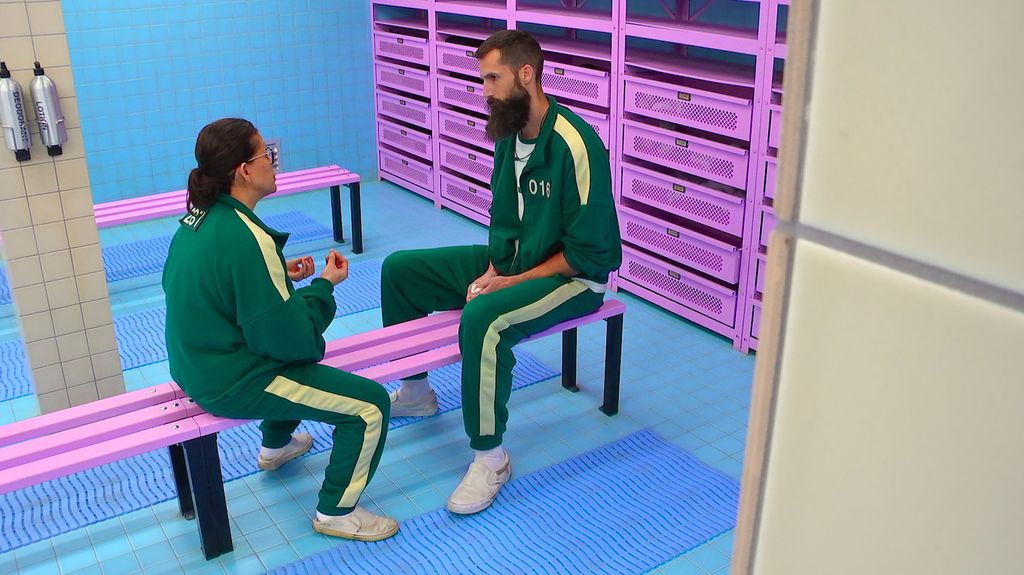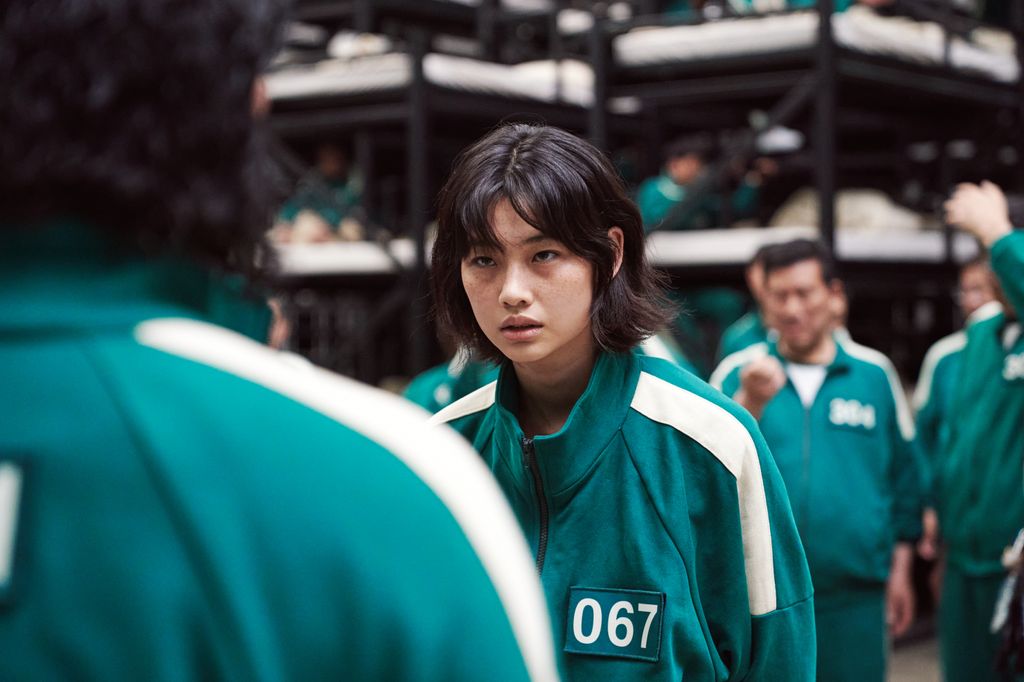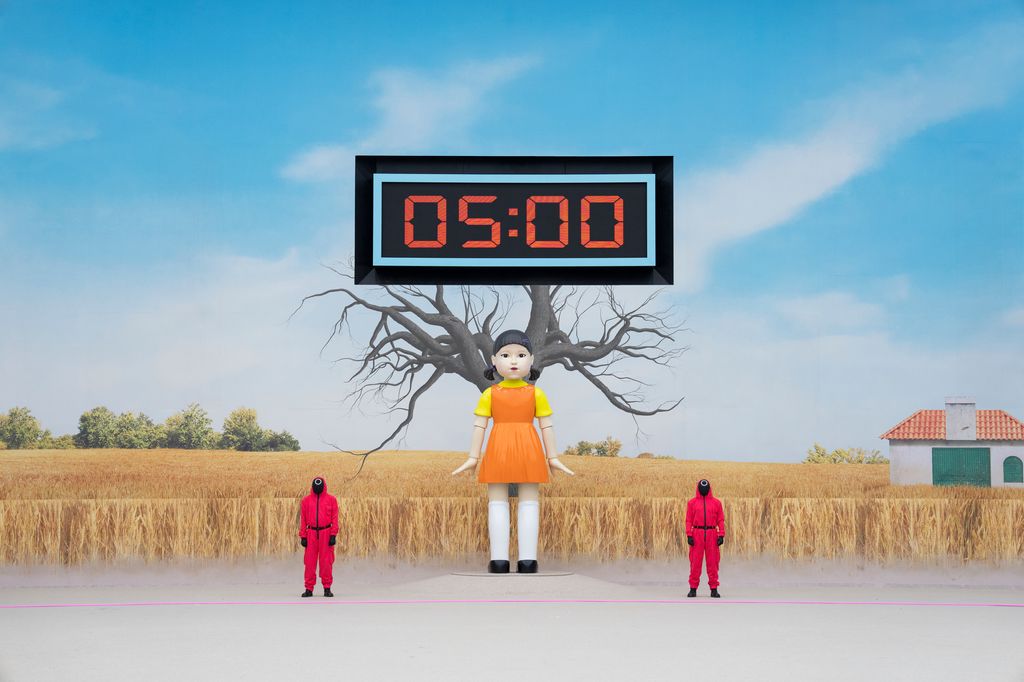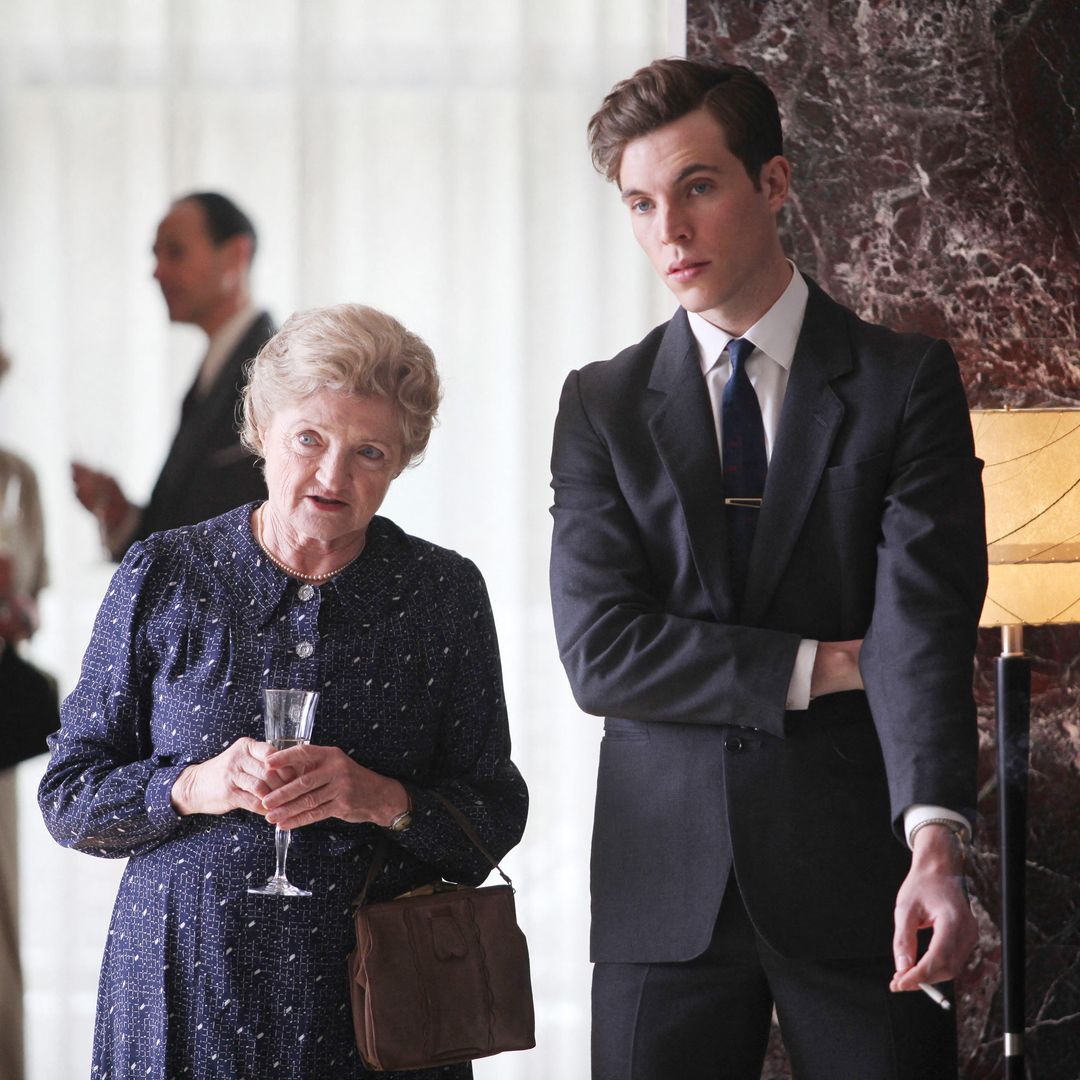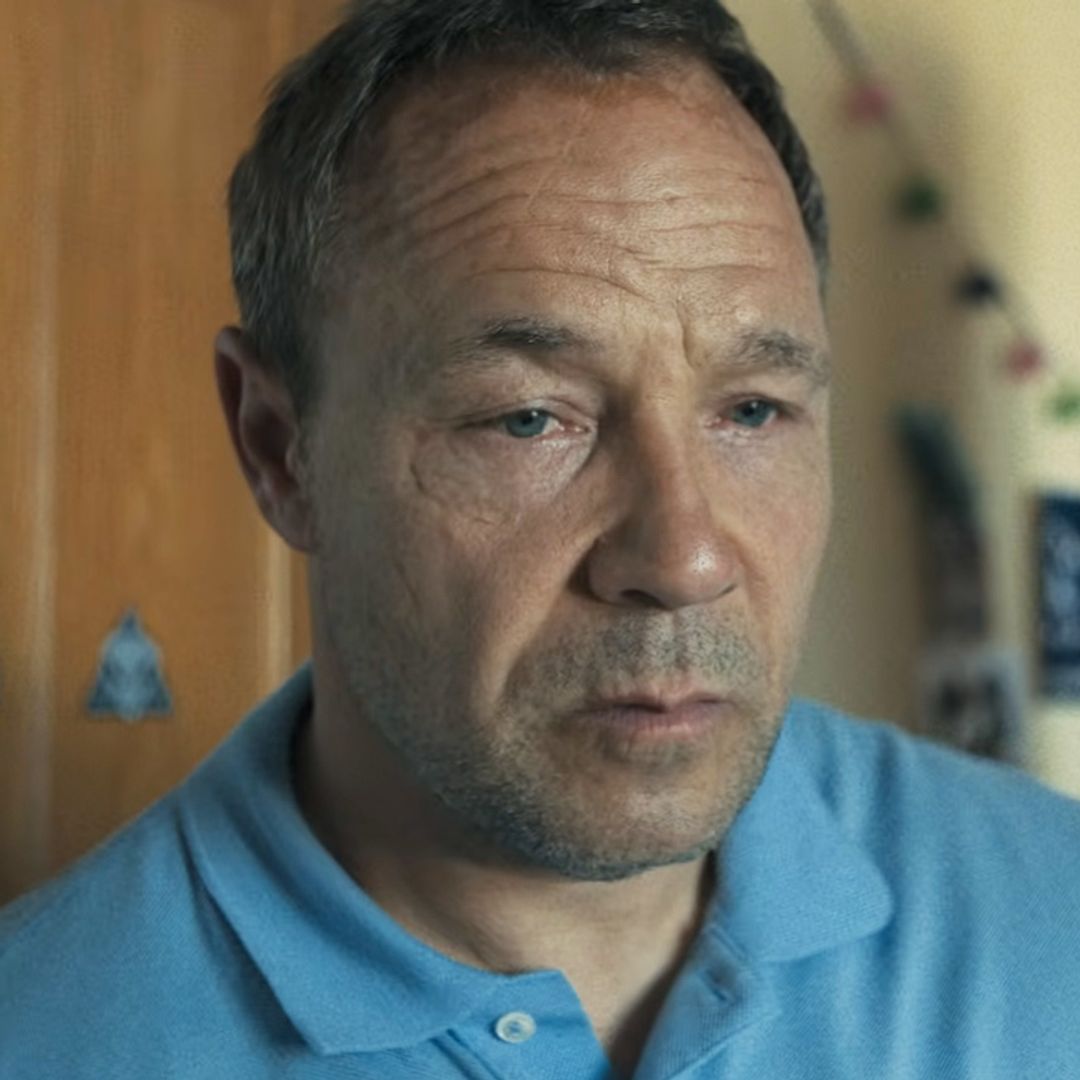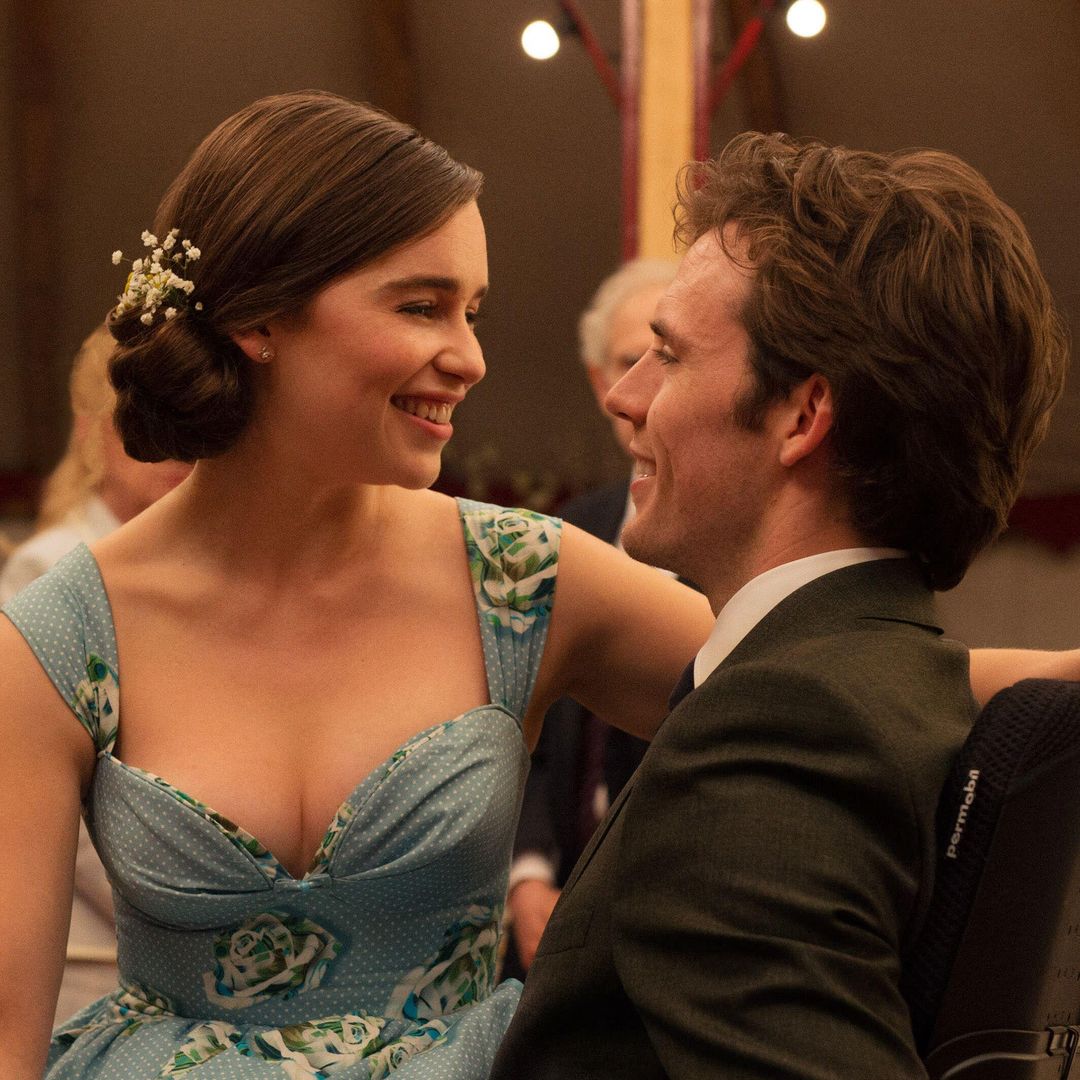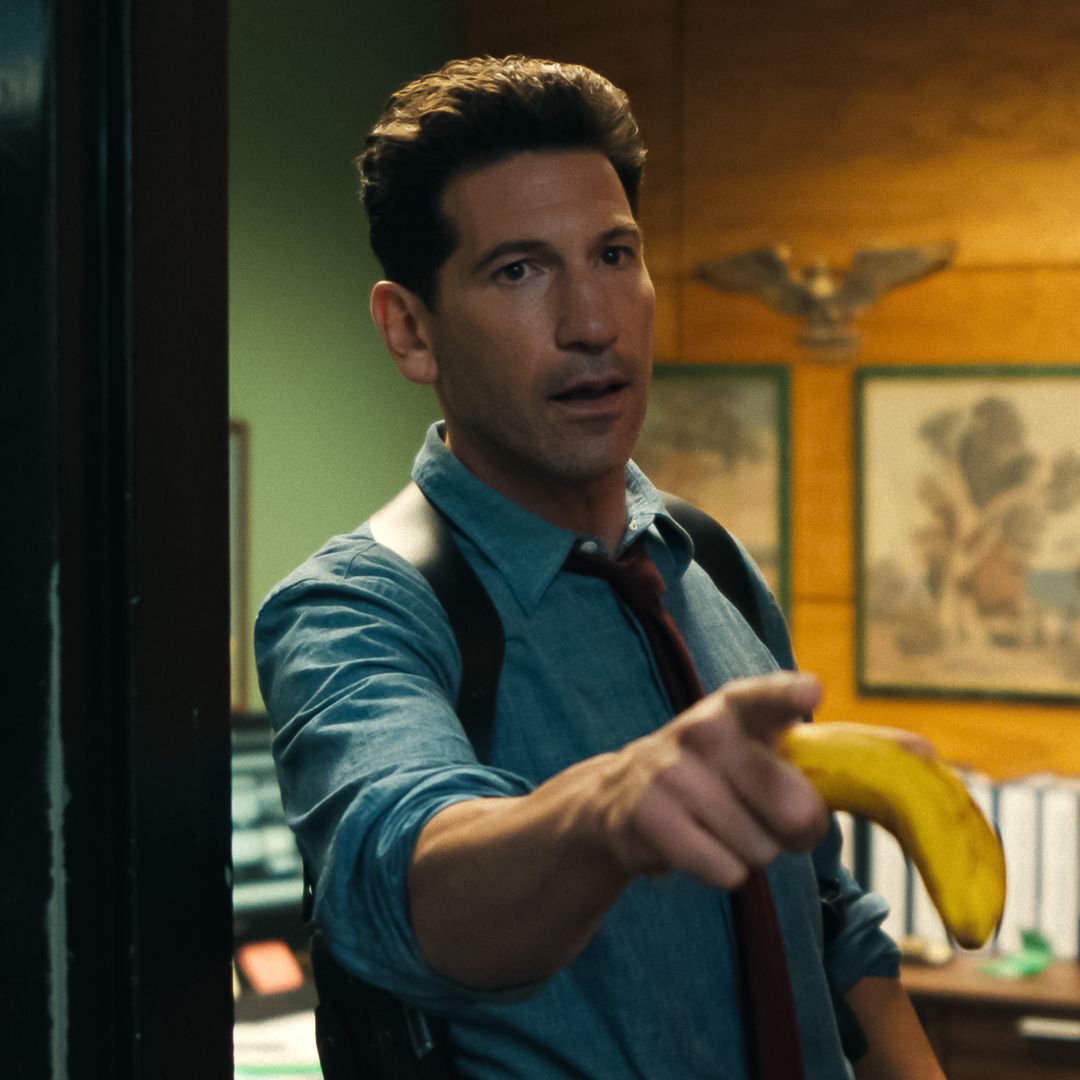Netflix has confirmed one of their biggest hit shows will end with season three. Squid Game, which was initially released on the streaming platform in 2021, is still awaiting a second instalment - but it's writer and director Hwang Dong-hyuk has confirmed that season three will be the show's last.
In a letter announcing the show's end, he wrote: "Seong Gi-hun (Lee Jung-jae), who vowed revenge at the end of season one, returns and joins the game again. Will he succeed in getting his revenge? Front Man doesn’t seem to be an easy opponent this time either.
"The fierce clash between their two worlds will continue into the series finale in season three, which will be brought to you next year."
He added that season three would be "yet another thrill ride" - and we can't wait. Meanwhile, the show also released a teaser trailer about season two, showing contestants running and falling on a race track as the VoiceOver says: "It’s been three years. Do you want to play again?"
Speaking about the trailer, one person posted: "I'm scared just watching it," while another person added: "We WILL be watching."
The show follows a group of contestants who are invited to play a game with a prize pot of 45.6 billion South Korean won (about £27 million). However, the contestants soon realise that there is more than stake than they ever could have imagined, a losing the game will cost them their lives.
The second season is set to be released on Netflix on 26 December, while season three will land in 2025 - so stay tuned!
The show has been such a smash hit that a reality show competition spin-off aired in 2023 - and saw over 400 contestants try their luck at an incredible £3.61 million prize.
Lee Jung-jae was the first actor in a non-English-language show to win the Emmy for Outstanding Lead Actor for his role in the show, and spoke about the historical moment to The Guardian. He said: "The world is moving closely together. We’re seeing an increase in the exchanges between countries, and increased understanding.
"And we’ve realised that in art and culture, language needn’t be the first priority… Of course I feel pressure, a sense of responsibility. But if I were younger when this had happened I would have thought: ‘Wow, I need to work harder and impress people.’ But now it’s more of a realisation of what Korean culture can achieve. Some great Korean dramas could now make it on to the world stage. That’s exciting."
